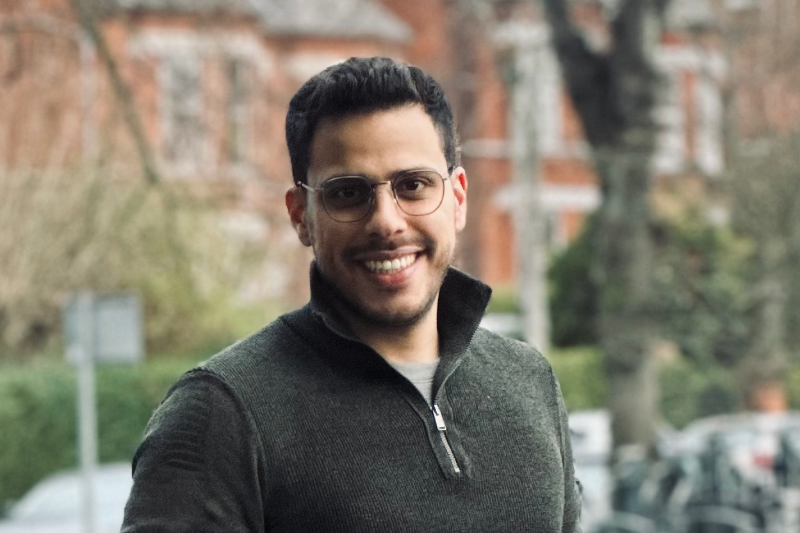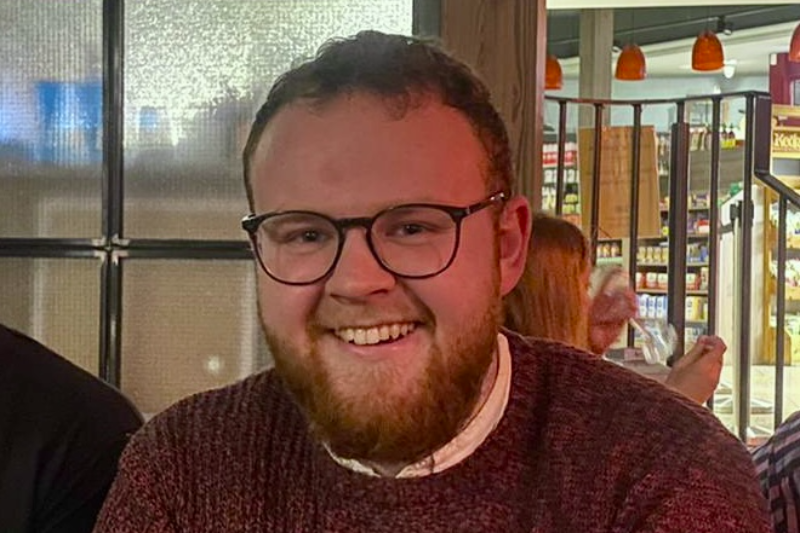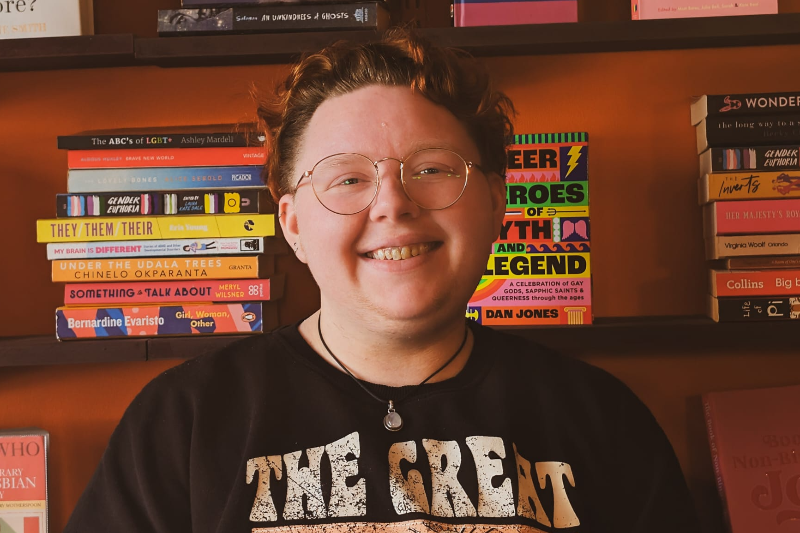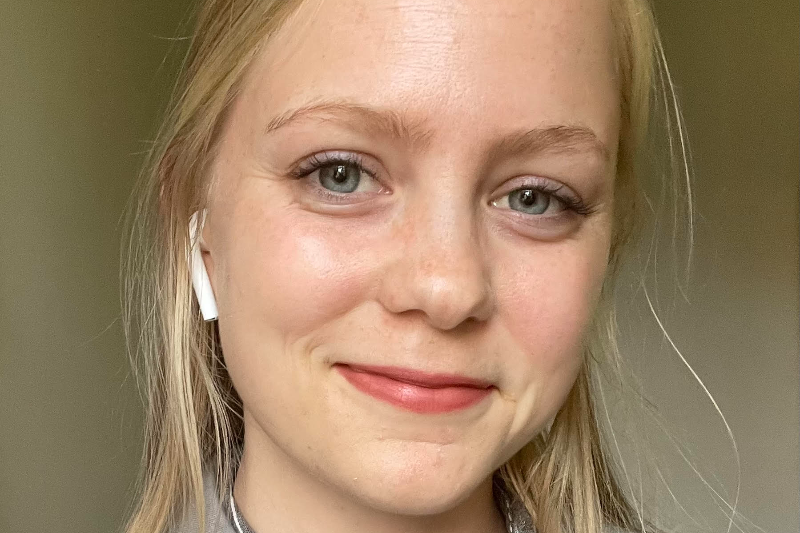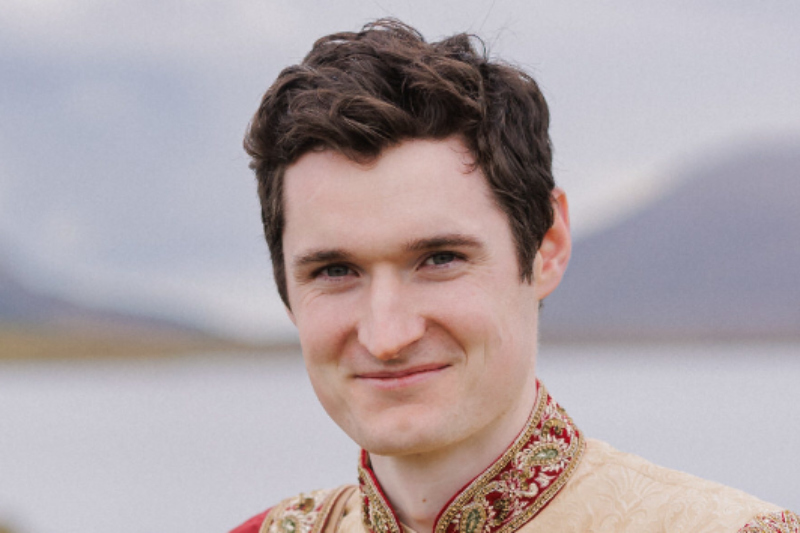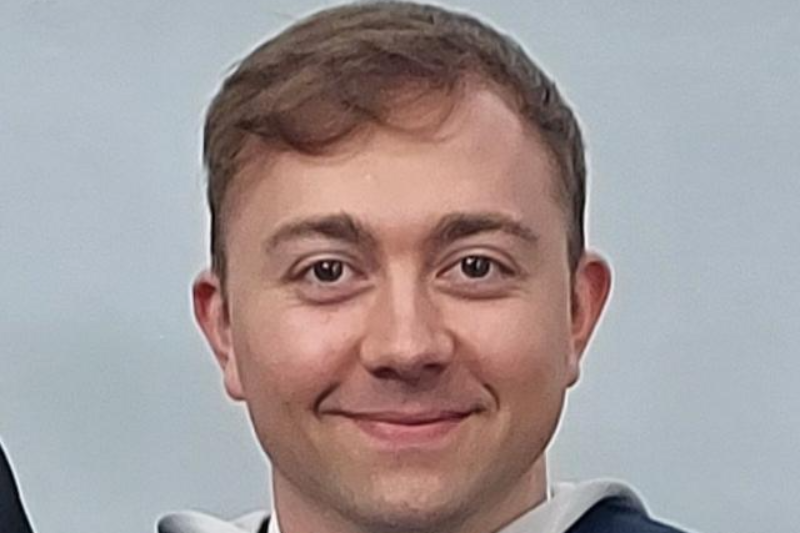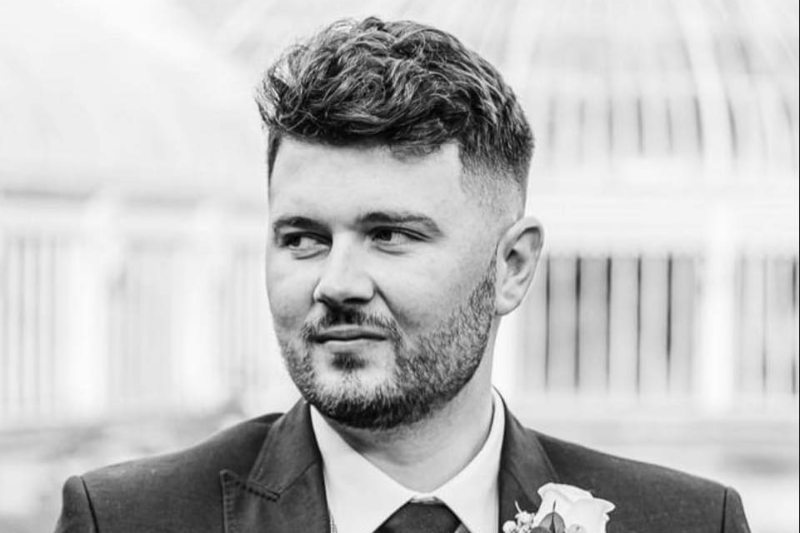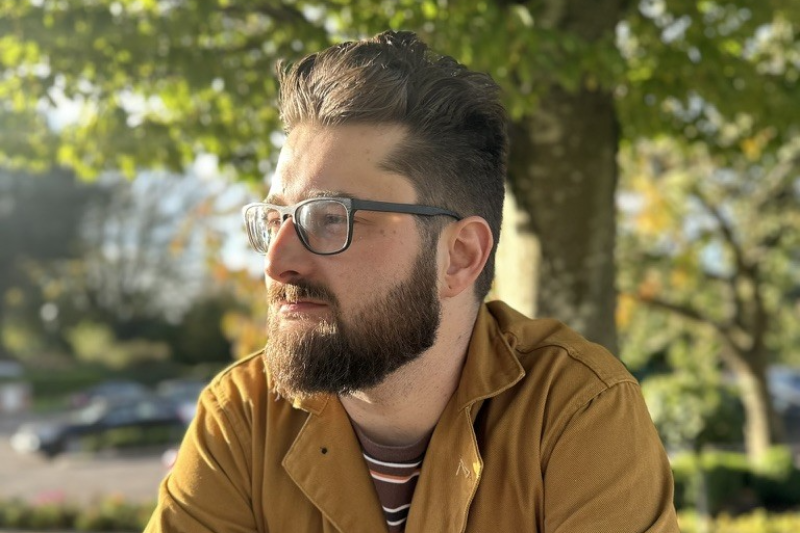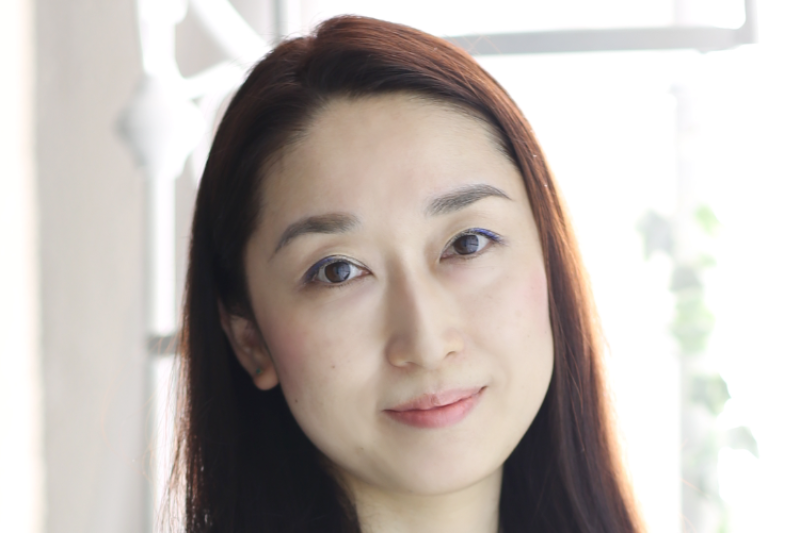Under the Guise of Democracy: Populism's False Promise to Return Power to the People
My research interests include political thought, populism, democratic theory, deliberative democracy and radical democracy. My current research will examine the role of populist action in different models of democracy.
The central notion underpinning democracy is that the people rule. This meaning emanates from the term itself since the ideal is one of the people (demos) exercising power (kratos), and serves the important function of creating a boundary between democratic rule and all other forms of rule. Whereas legitimacy may be claimed by a single person (monarchy) or group (oligarchy) in other forms of rule, democratic legitimacy can only be claimed when it is citizens themselves who create laws. As this condition is fairly broad, the precise nature of democracy has been a matter of ongoing contestation. Some scholars, for instance, believe that democracy rests on the power of the people to select their own leaders, while others defend a more robust form of democratic rule based on the shared identity of the rulers and the ruled. This thesis evaluates some of the most prominent theories of democracy with the aim of finding a normatively defensible model of democracy that truly delivers on the democratic premise to let the people rule. The purpose for this study is to arrive at a model of democracy that challenges the dominance of the populist interpretation of popular rule. Although this is a dangerous interpretation of democracy, with the ‘rule of the people’ being translated into the sovereign rule of the unified ‘people’, it remains popular with scholars and ordinary people alike. Consequently, scholars have found it difficult to determine whether contemporary populists, who draw on this theory of democracy, pose a threat to liberalism only, or to democracy itself. To challenge such defences of populism, I show that populism is a theory of democracy that merely creates an illusion of popular rule. It is a form of authoritarianism disguised as democracy; populists may speak the language of democracy, but their actions expose their desire for exclusive power.
Primary Supervisor: Dr Keith Breen
Secondary Supervisor: Dr Cillian McBride


